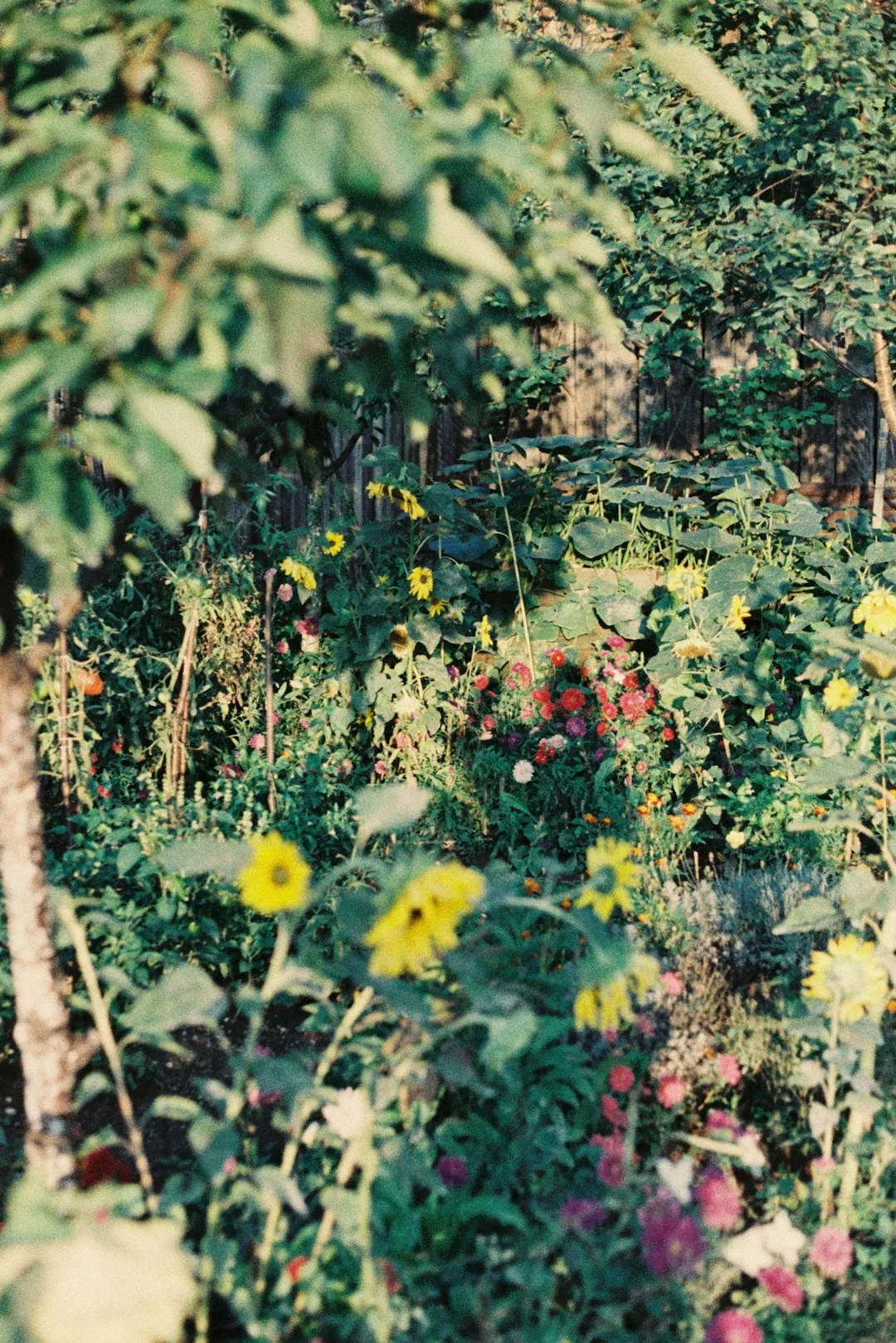
Asparagus ferns, those delicate and charming herbaceous perennials, have long captured the hearts of plant enthusiasts. Whether you choose to grow them indoors as houseplants or outdoors in a warm - climate haven, these ferns can bring a touch of elegance and greenery to any space. In this comprehensive guide, we'll explore the essential tips for growing asparagus ferns to ensure they reach their full potential.
### Understanding Asparagus Ferns
Before delving into the growing process, it's important to understand the nature of asparagus ferns. Despite their name, they are not true ferns but rather members of the Asparagaceae family. They are known for their feathery, needle - like foliage that gives them a soft and wispy appearance. These plants are native to South Africa and have adapted to a variety of environments, making them relatively versatile in cultivation.
### Choosing the Right Location
#### Indoor Growing
If you're growing asparagus ferns as houseplants, location is key. These plants thrive in bright, indirect light. A north - or east - facing window is often an ideal spot. Direct sunlight can scorch their delicate leaves, so it's best to avoid placing them in a south - or west - facing window without some form of shading. For example, you can use sheer curtains to filter the sunlight. Asparagus ferns also prefer a relatively humid environment. You can increase humidity by placing a tray of water near the plant or using a humidifier, especially during the dry winter months when indoor air tends to be drier.
#### Outdoor Growing
When growing asparagus ferns outdoors, they need a location that offers partial shade. Too much direct sun can cause the leaves to turn yellow and become crispy. A spot under a tree or on a patio that gets dappled sunlight throughout the day is perfect. They are hardy in USDA zones 9 - 11, so if you live in a colder climate, you'll need to bring them indoors during the winter. In areas with mild winters, they can be left outside year - round, but you may need to provide some protection during cold snaps.
### Soil Requirements
Asparagus ferns prefer well - draining soil. A good potting mix for indoor plants should contain a combination of peat moss, perlite, and vermiculite. This mixture allows water to drain freely while retaining enough moisture for the roots. For outdoor planting, amend the soil with organic matter such as compost or well - rotted manure. This will improve the soil structure and fertility, providing a healthy environment for the fern's roots to grow.
### Watering
Proper watering is crucial for the health of asparagus ferns. They like to be kept evenly moist but not waterlogged. Overwatering can lead to root rot, while underwatering can cause the leaves to dry out and drop. When watering indoor plants, water thoroughly until water drains out of the bottom of the pot, then empty the saucer to prevent the plant from sitting in standing water. In the summer, you may need to water more frequently, especially if the air is dry. During the winter, reduce the frequency of watering as the plant's growth slows down. Outdoor asparagus ferns also need regular watering, especially during dry spells. However, be careful not to overdo it, as heavy rainfall can sometimes provide enough moisture.
### Fertilizing
To keep your asparagus ferns looking their best, fertilize them regularly. Use a balanced, water - soluble fertilizer during the growing season (spring and summer). Follow the instructions on the fertilizer package for the correct dilution and application rate. You can fertilize every two to four weeks. In the fall and winter, reduce or stop fertilizing as the plant enters a dormant phase. Over - fertilizing can lead to excessive growth that may be weak and prone to pests and diseases.
### Pruning
Pruning is an important part of maintaining asparagus ferns. Remove any yellow or brown leaves regularly to keep the plant looking tidy and to prevent the spread of diseases. You can also trim back any overly long or leggy stems to encourage bushier growth. Use clean, sharp pruning shears to make clean cuts. Pruning can be done at any time of the year, but it's best to do major pruning in the spring before new growth begins.
### Pests and Diseases
Asparagus ferns are generally resistant to pests and diseases, but they can still be affected by a few common problems. Spider mites are a common pest that can infest the plant, especially in dry conditions. You can control spider mites by increasing the humidity around the plant and using an insecticidal soap or neem oil. Mealybugs can also be an issue. These white, cottony pests can be removed by wiping them off with a cotton swab dipped in rubbing alcohol. Root rot can occur if the plant is overwatered, so it's important to ensure proper drainage and not to let the plant sit in water.
### Propagation
There are a few ways to propagate asparagus ferns. One method is by division. When repotting an established plant, carefully separate the root ball into smaller sections, making sure each section has some roots and foliage. Plant the divided sections in separate pots or in the ground. Another method is by seed. Collect the seeds from the plant's berries and sow them in a seed - starting mix. Keep the soil moist and warm, and the seeds should germinate in a few weeks.
In conclusion, growing asparagus ferns can be a rewarding experience. By following these essential tips on location, soil, watering, fertilizing, pruning, pest control, and propagation, you can enjoy healthy and beautiful asparagus ferns in your home or garden for years to come.
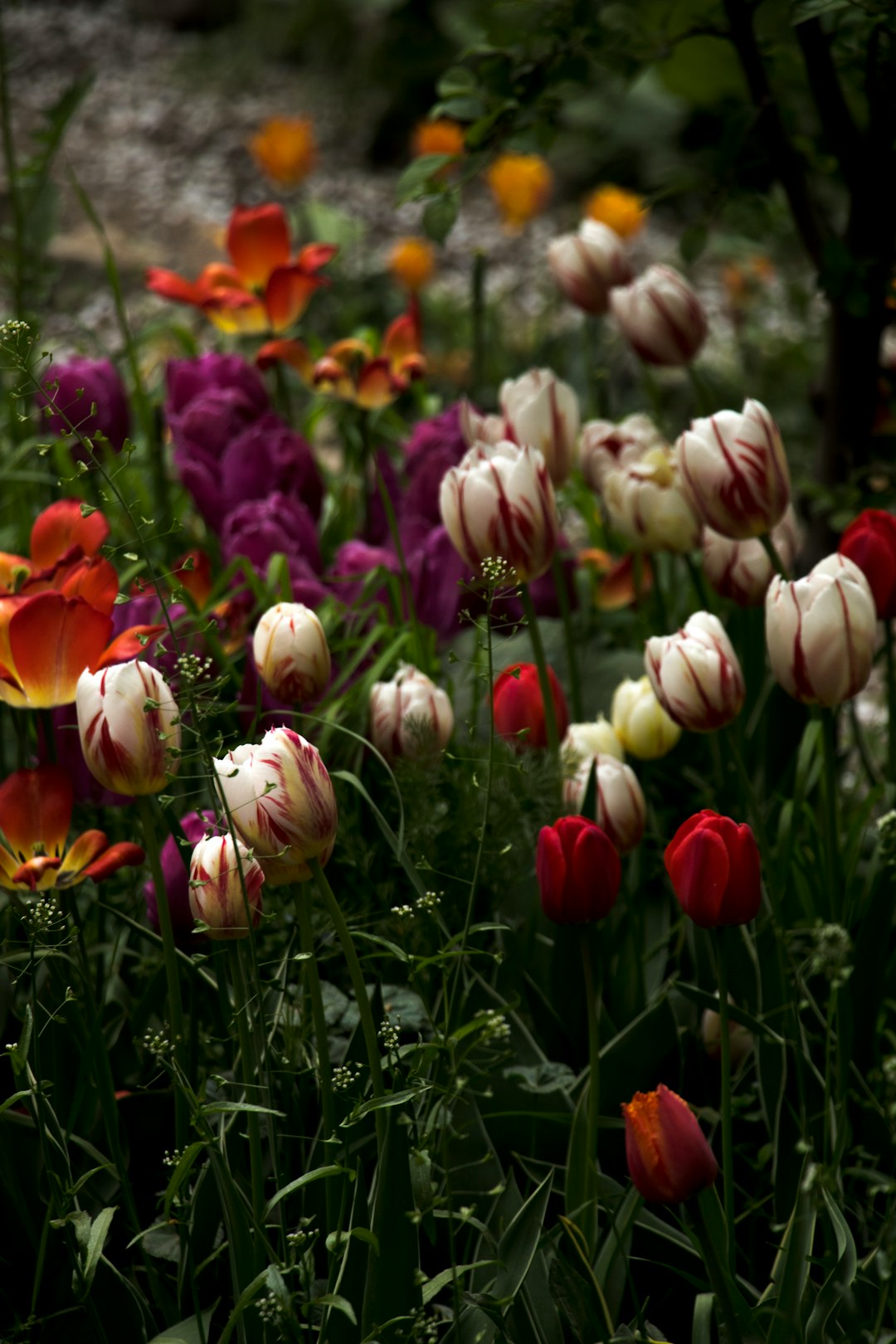
Unleashing the Floral Magic of Snowball Hydrangeas
Unleashing the Floral Magic of Snowball Hydrangeas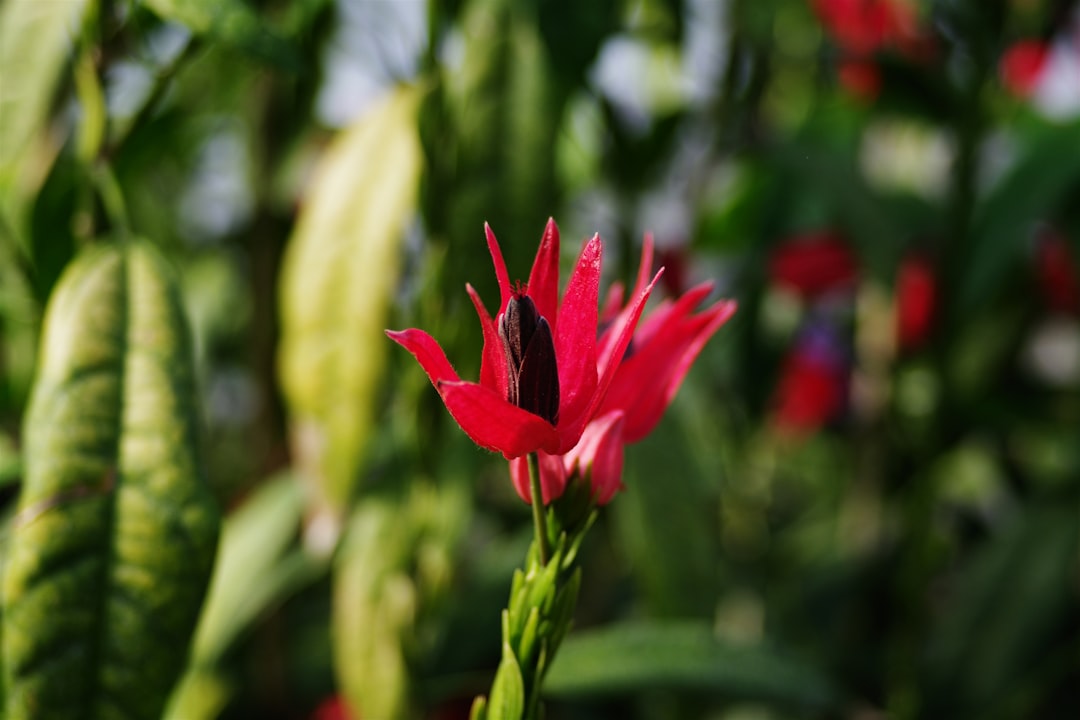
Unveiling the Secrets of Cultivating Carolina Allspice
Unveiling the Secrets of Cultivating Carolina Allspice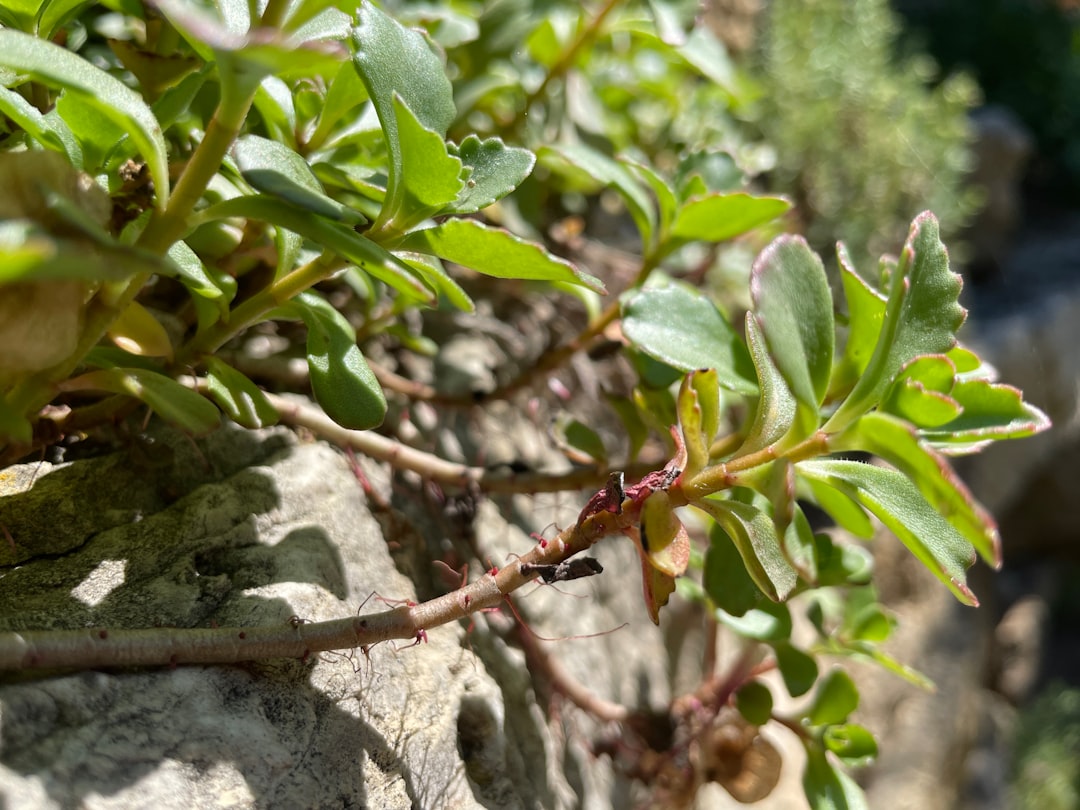
The Art of Planting Bare Root Trees: A Comprehensive Guide
The Art of Planting Bare Root Trees: A Comprehensive Guide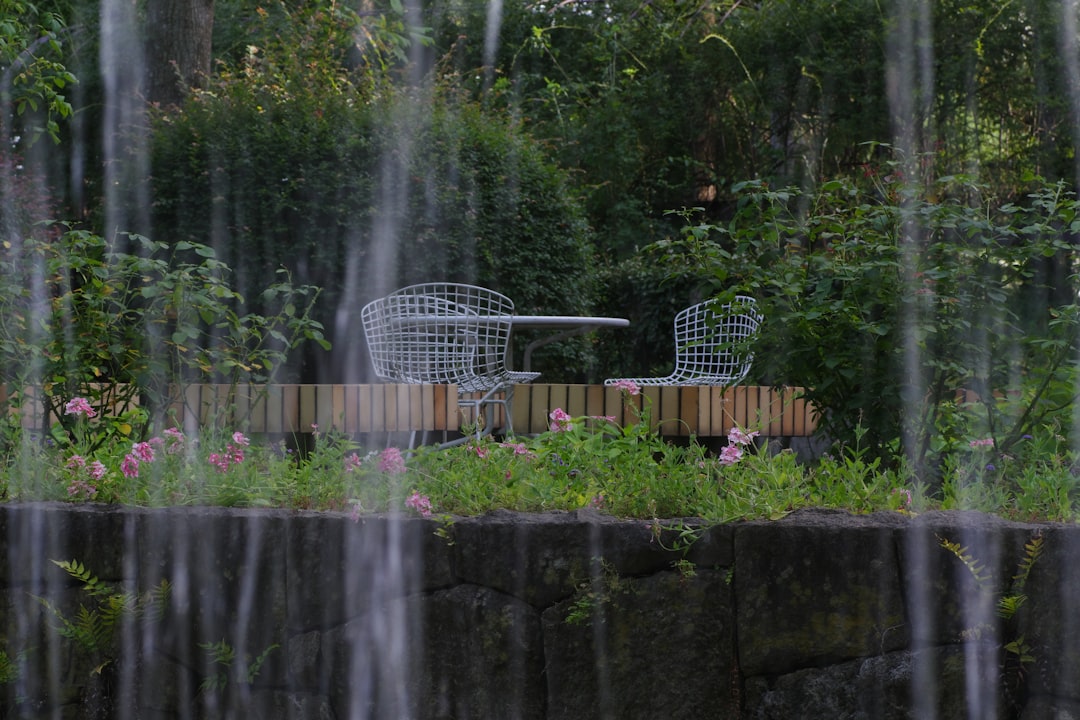
The Enchanting Allure of White - Flowered Trees for Your Front Yard
The Enchanting Allure of White - Flowered Trees for Your Front Yard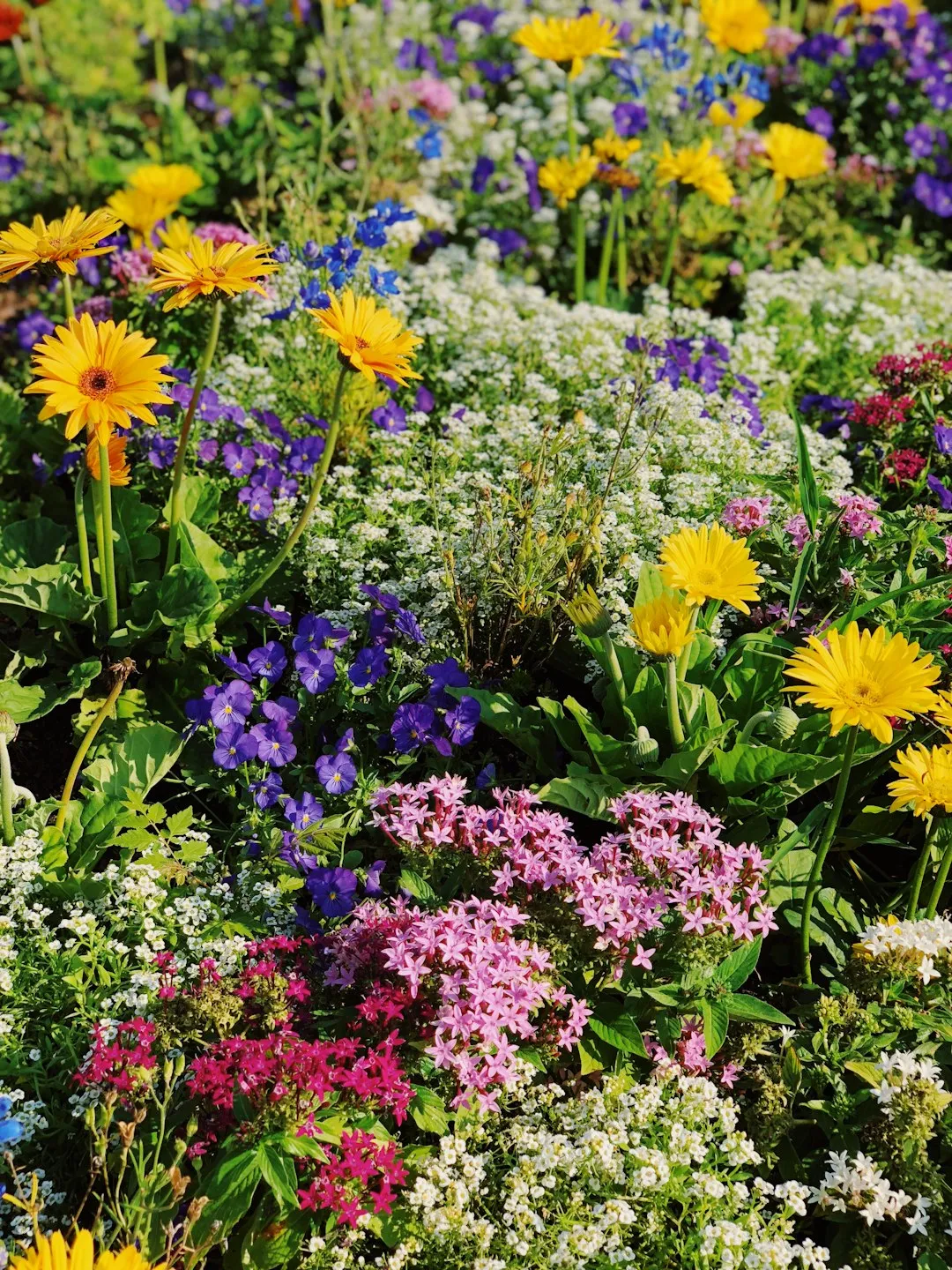
Transform Your Home with Succulent Wall Art from an Old Picture Frame
Transform Your Home with Succulent Wall Art from an Old Picture Frame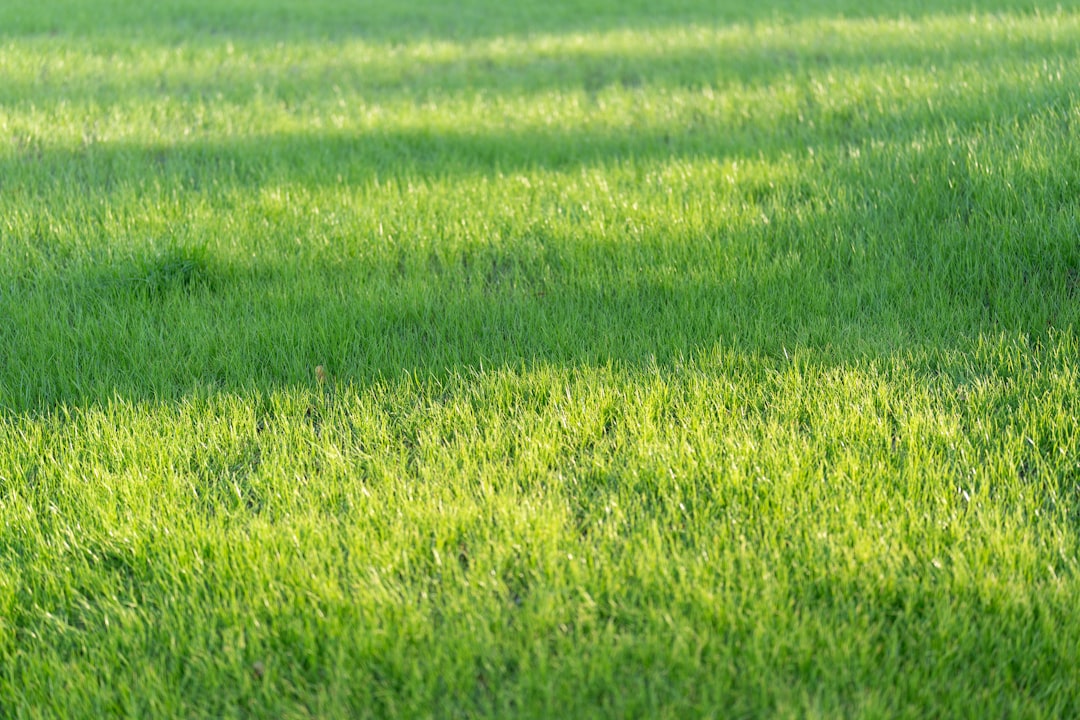
Transforming Broken Pots into Enchanting Fairy Gardens
Transforming Broken Pots into Enchanting Fairy Gardens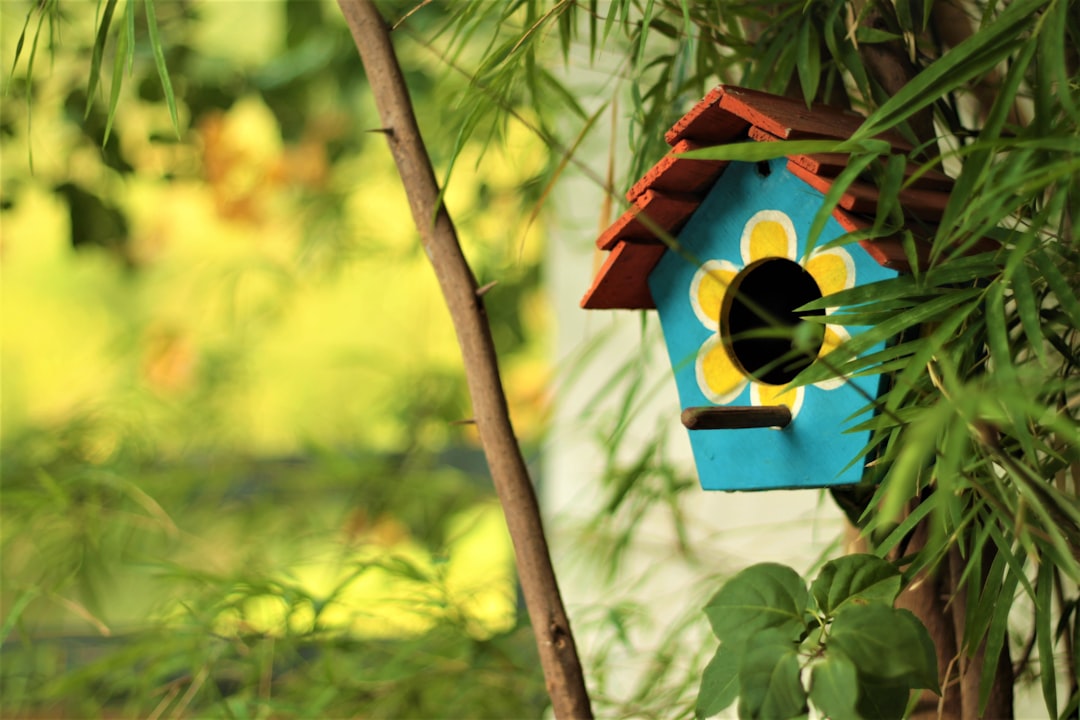
Unleash the Beauty of Dahlias in Pots This Summer
Unleash the Beauty of Dahlias in Pots This Summer
Transform Your Shady Yard with Caladium Container Magic
Transform Your Shady Yard with Caladium Container Magic
Unleash Your Creativity with DIY Concrete Planters
Unleash Your Creativity with DIY Concrete Planters
The Secret to Thriving Jade Plants: Minimal Effort, Maximum Results
The Secret to Thriving Jade Plants: Minimal Effort, Maximum Results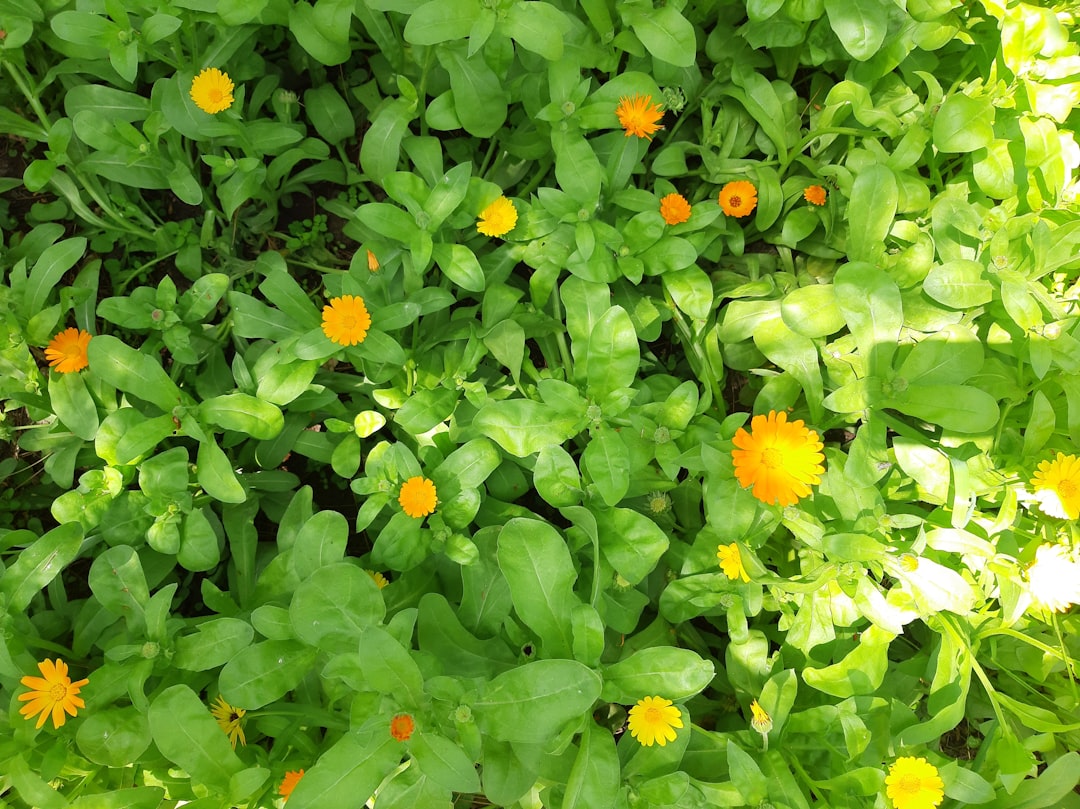
Unveiling the Secrets of Thriving Houseplants: A Two - Month Journey
Unveiling the Secrets of Thriving Houseplants: A Two - Month Journey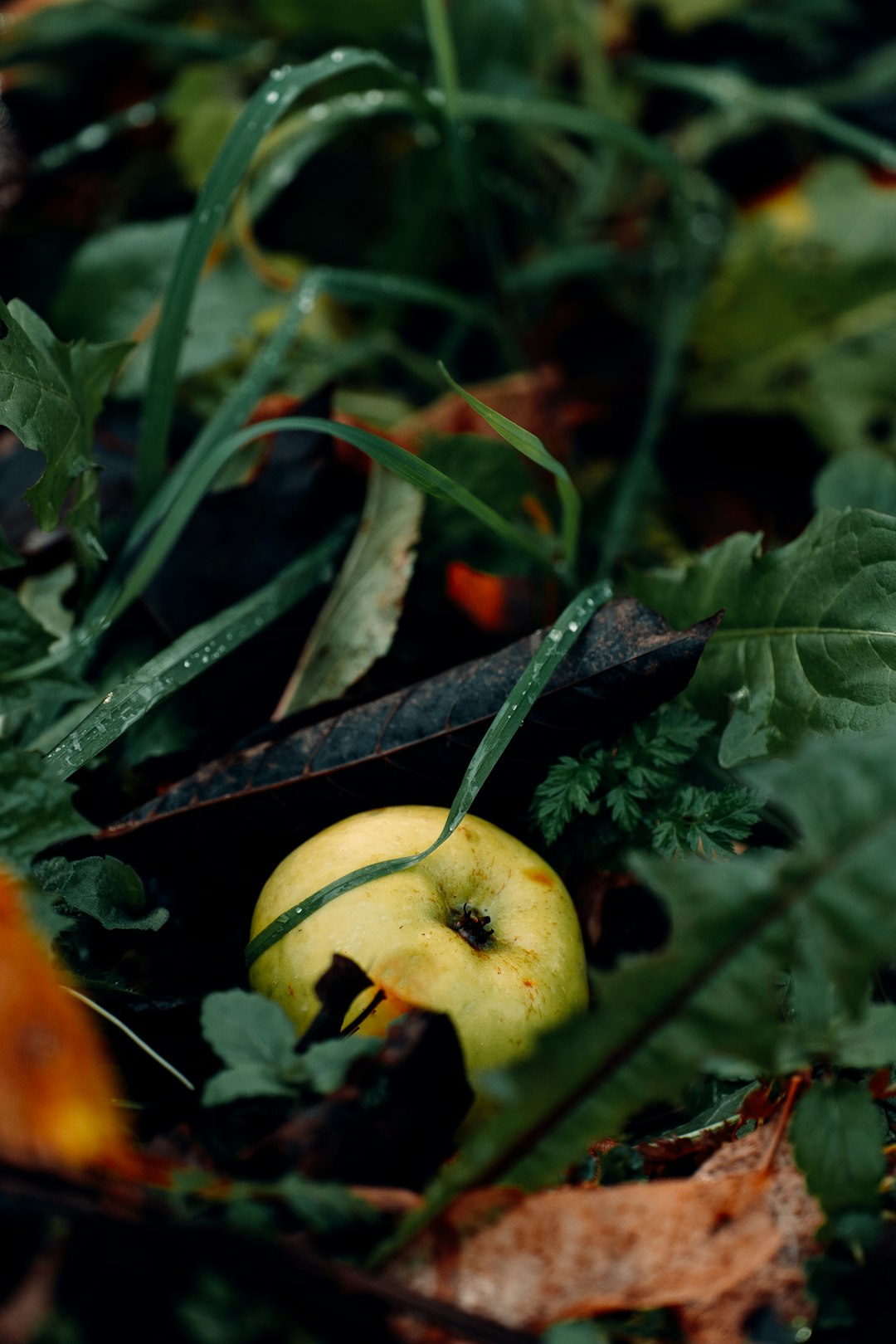
The Ideal Starter Plant for Your Indoor Oasis
The Ideal Starter Plant for Your Indoor Oasis
Transform Tiny Outdoor Spaces with a DIY Container Pond
Transform Tiny Outdoor Spaces with a DIY Container Pond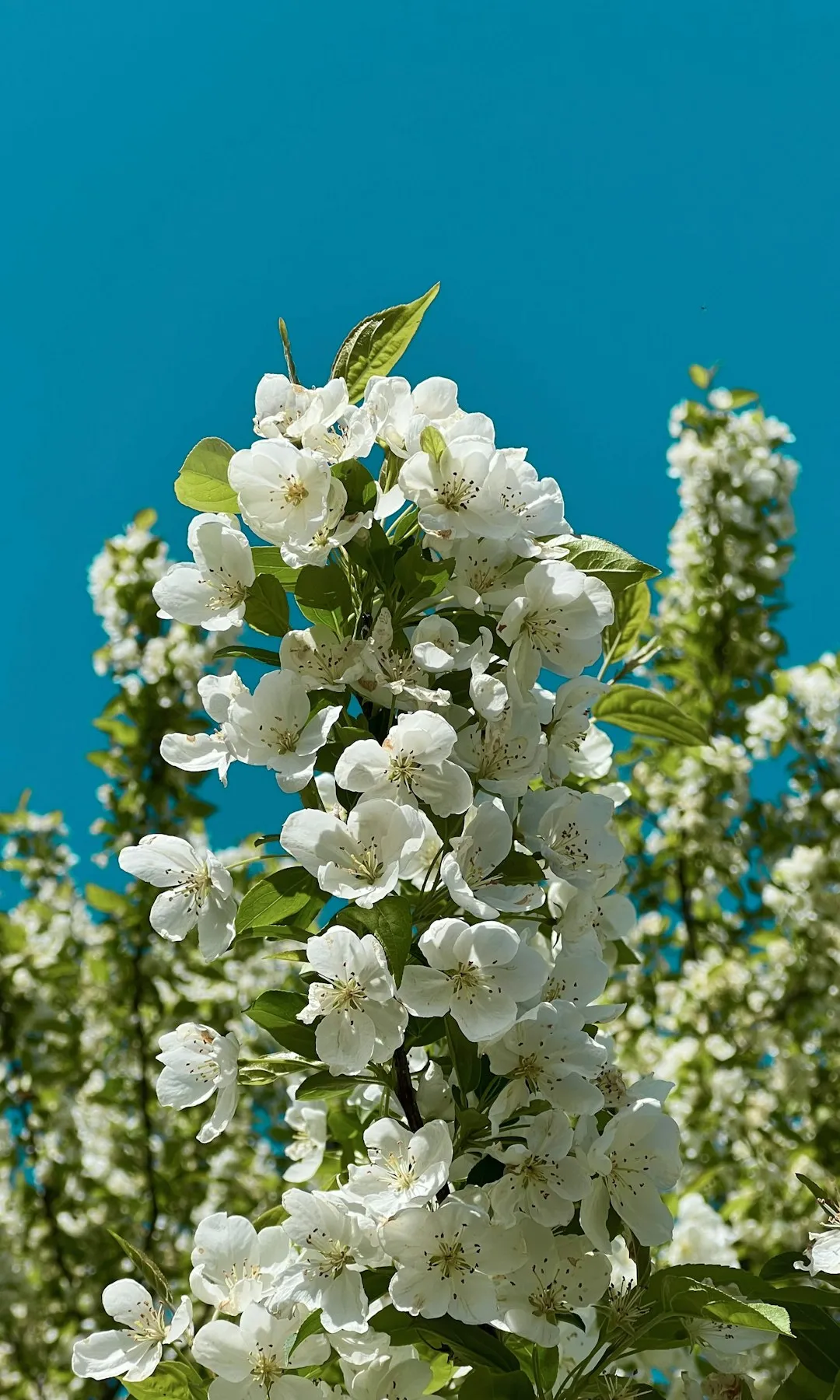
The Gravel Guide: Avoiding Common Pitfalls in Landscape Design
The Gravel Guide: Avoiding Common Pitfalls in Landscape Design
Summer's Floral Magic: Transforming Your Garden
Summer's Floral Magic: Transforming Your Garden
Transform Your Mailbox into a Garden Gem
Transform Your Mailbox into a Garden Gem
Transform Your Backyard with a Storm - Catching Oasis
Transform Your Backyard with a Storm - Catching Oasis
The Surprising Truth About Weed - Control in Vegetable Gardens
The Surprising Truth About Weed - Control in Vegetable Gardens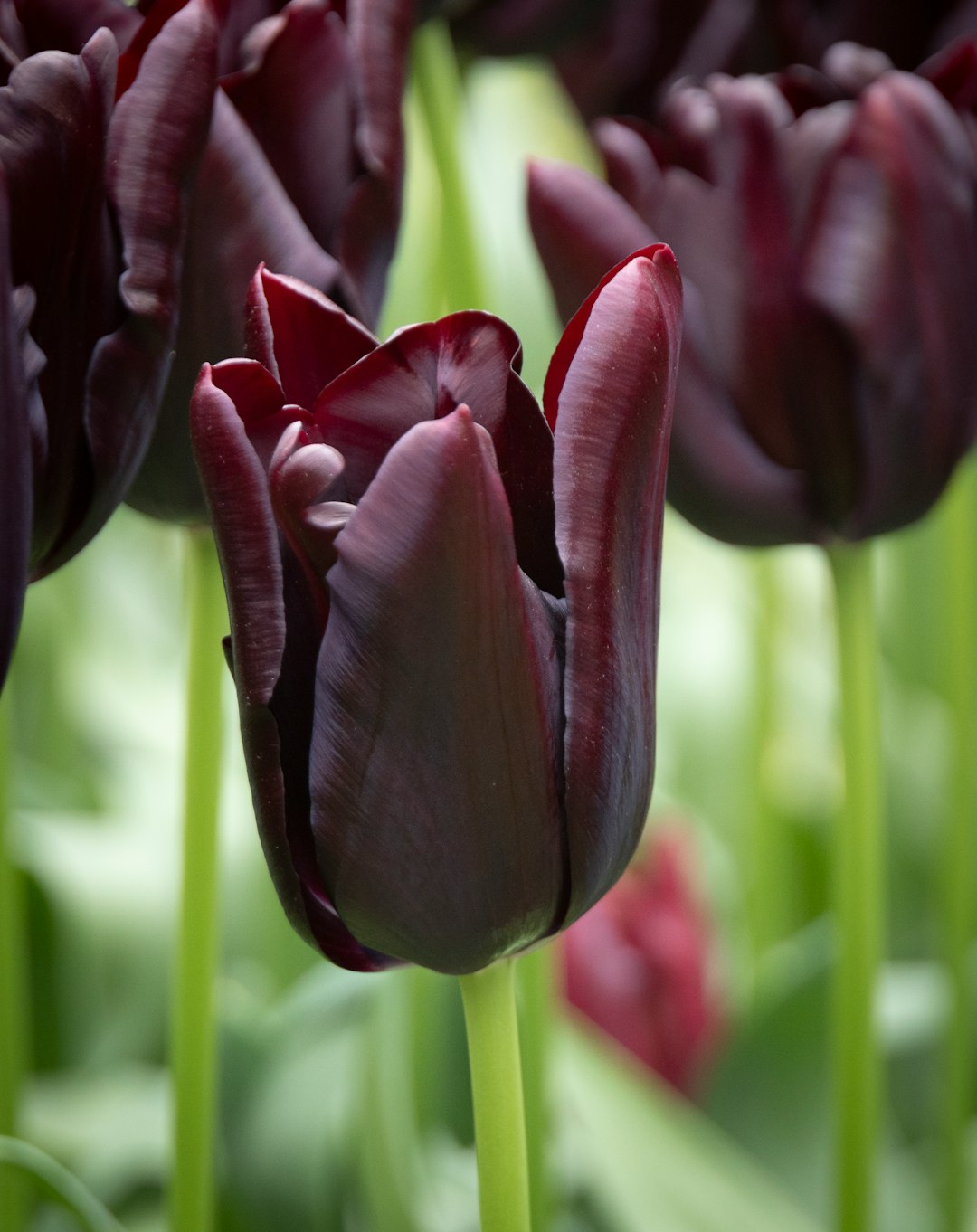
Conquer Your Garden's Invaders: Expert Solutions
Conquer Your Garden's Invaders: Expert Solutions
Reviving Your Hibiscus: Solving the Mystery of Yellow Leaves
Reviving Your Hibiscus: Solving the Mystery of Yellow Leaves